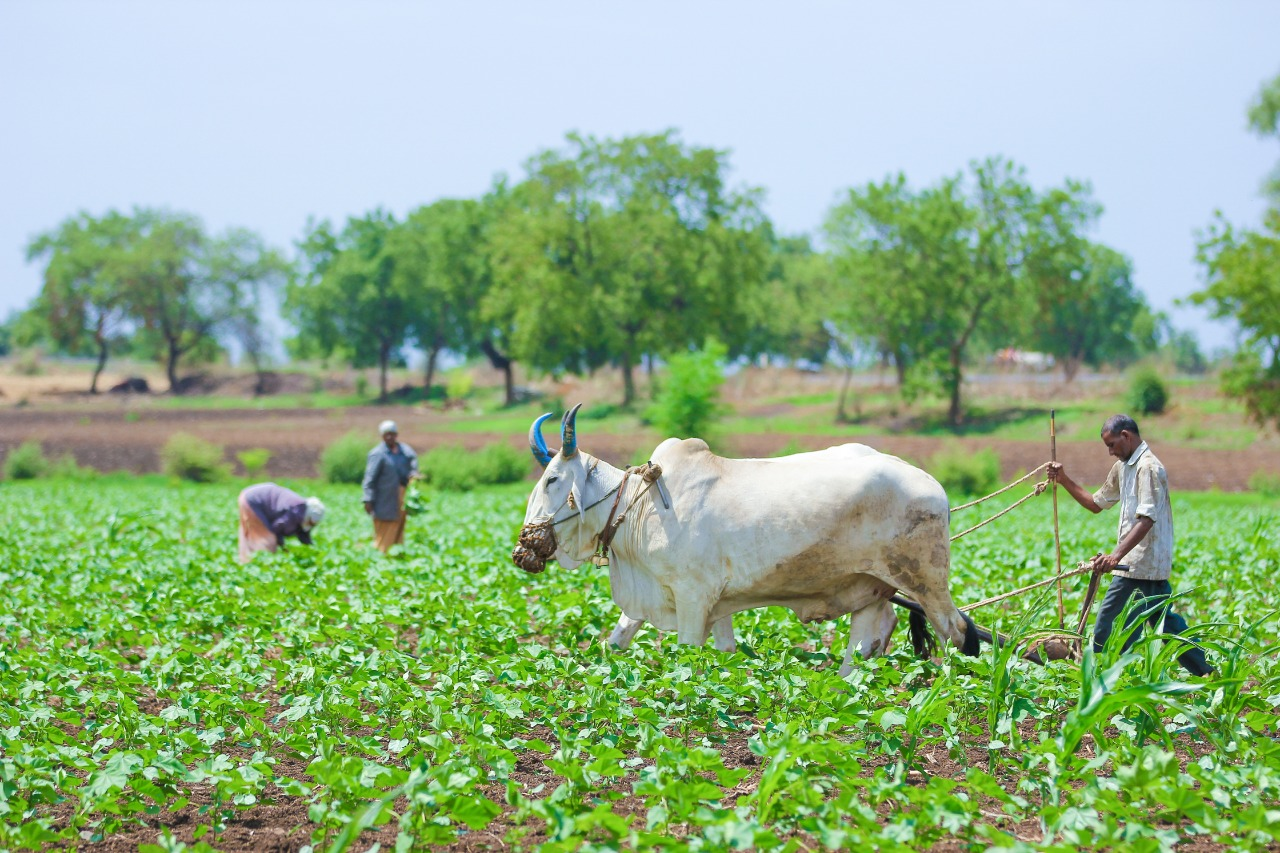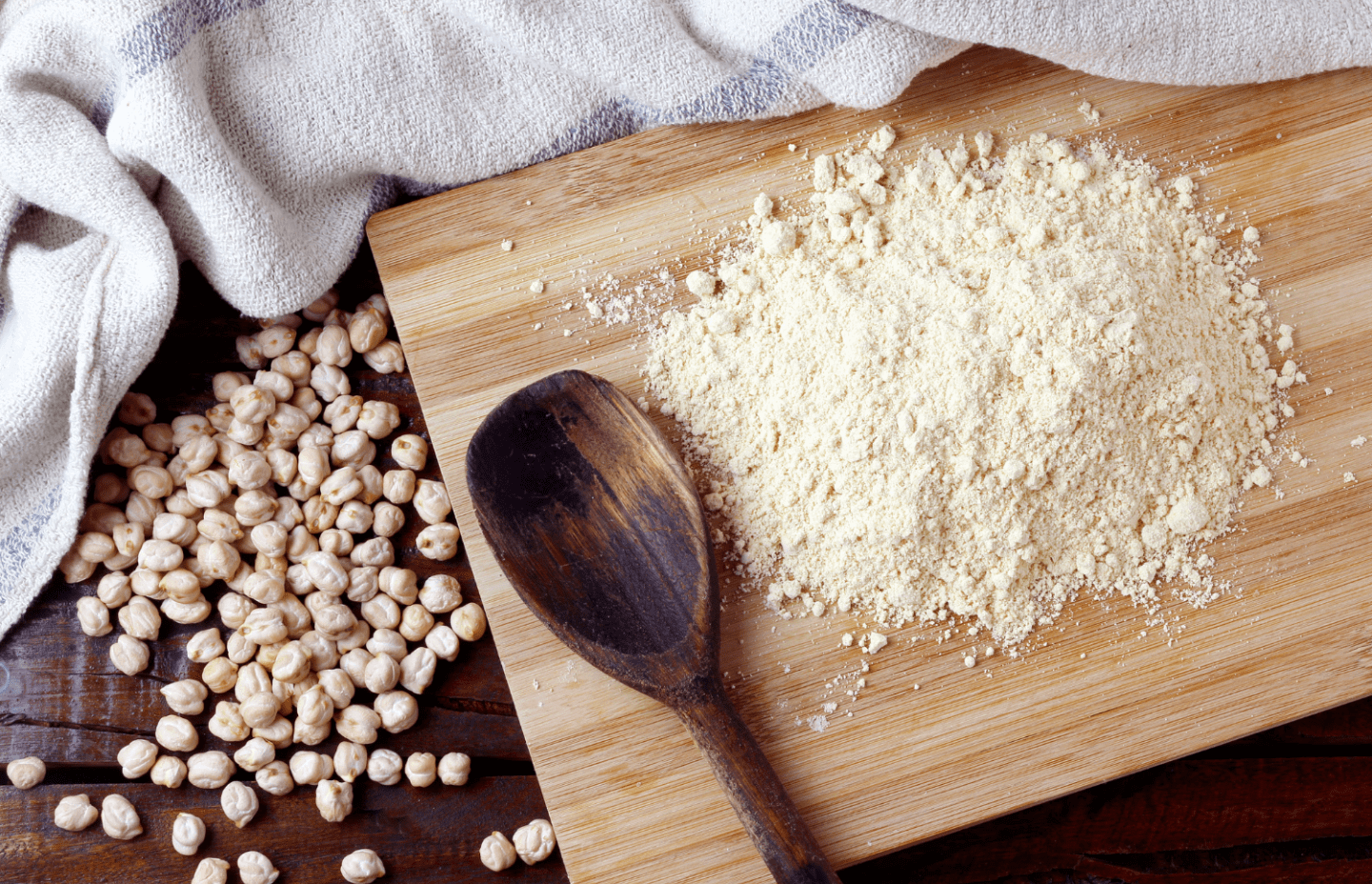
Farmers have had the respect of people ever since the existence of a civilized society. But mere respect is not enough, in the era of commercialization, just as we ensure that the farmers get the right prices, there are a few more aspects that we need to care of, which are often overlooked.
Sustainable agriculture is the gateway to a better tomorrow and a better planet. Our responsibility as consumers lies in making choices that support sustainable farming and thus, help a farmer protect the soil and water that yield his livelihood.
What are farmer-friendly products?
Farmer friendly products refer to those products derived through sustainable farming practices. These products are friendly to the farmer and the ecosystem around agriculture due to their nature of interconnectedness.
The soil, watersheds, irrigation system, natural habitats, rural communities and the environment are all interconnected and dependent on agriculture to retain their quality and natural existence. These also have a bearing on the economy and ecology.
Why do farmer-friendly products matter?
Over the decades, in the name of advancements, agriculturists have diverted from natural and sustainable ways of farming and resorted to unsustainable methods of farming from the perspective of both the economy and the ecology of it. This has not only put the farmer in crisis but also the environment and related industries.
Fertile lands are not just lands for pasture and agriculture, but also home to several species of flora and fauna. These can be preserved only when agriculture is done keeping in mind the natural ecosystem around the place and not merely what crops to grow.
The aim is to strike the balance between taking from nature, giving back to it, all while keeping the basics intact.
How can this protect the planet?
Let’s talk about the different elements of nature to understand how sustainable practices can protect the planet
1. The soil – Organic manure, crop rotation, cover crops and inter-cropping are just some of the many practices that can keep the soil in good health. This is required to keep the cycle of nutrition and energy going on in the soil. This also ensures that the incidence of soil erosion is minimized. Natural practices also help increase the soil biodiversity and the natural habitat of several species that live in the soil and within. These practices also support timely soil forming and conditioning.
2. Water- Water is crucial for all species and living communities on the planet. Synthesized chemicals and pesticides inflict harm and pollute the groundwater. This affects the waterbeds and can be hazardous for those who consume this water. On the contrary, sustainable agricultural practices are aimed at restoring groundwater by implementing rainwater harvesting and water recycling to keep pollutants at bay.
3. Biodiversity – Sustainable farming practitioners are the custodians of biodiversity in the region. With the use of chemical pesticides, there is a lot of harm that is inflicted to the natural flora and fauna in the soil and in the region. On the other hand, sustainable practices recommend the balance and restoration of the biodiversity in the area.
4. Seasonal food – Organic and sustainable methods use no artificial methods of ripening or harvesting and only believe in growing the seasonal crops. This preserves the ecological balance and also regulates the commercialization of those food items that have great demand in faraway lands that result in long transportation roots leading to the carbon footprint.
5. Renewable energy – Sustainable farming incorporates the use of alternative sources of energy. Most farms use solar energy by installing solar panels and hydro energy, where they have the resources for it. As farms need a lot of energy for irrigation purposes, they produce enough energy to manage irrigation and still have more for other purposes.
In principle, sustainable practices and organic farming promote a healthy lifestyle that includes eating food fresh based on seasons, climate and weather. Research has shown that people who consume organic food also tend to have a natural gravitation towards healthy practices and lifestyles.
What can we do to protect the planet?
The choices range from simple actions to complex processes, so many of which we can and can’t control. The things we can control, like what we eat and shop, are significant enough to make a difference to the planet. The choices we make today can also be passed on to the imminent generations and to a larger community of people.
Explore our website to make better choices for a better tomorrow and the planet.







